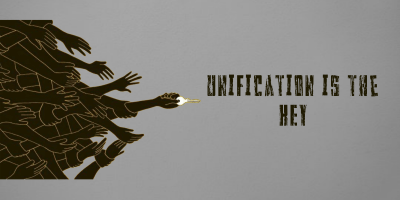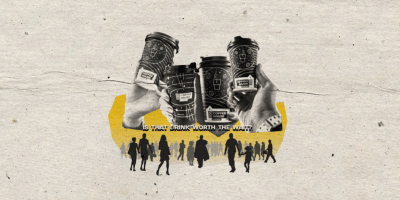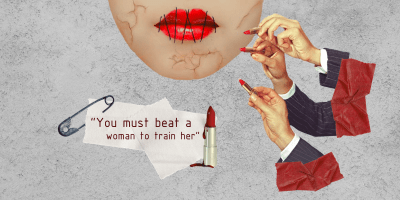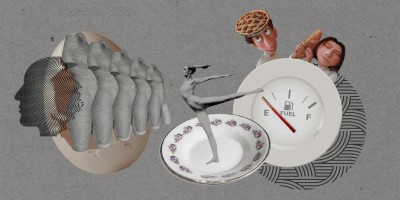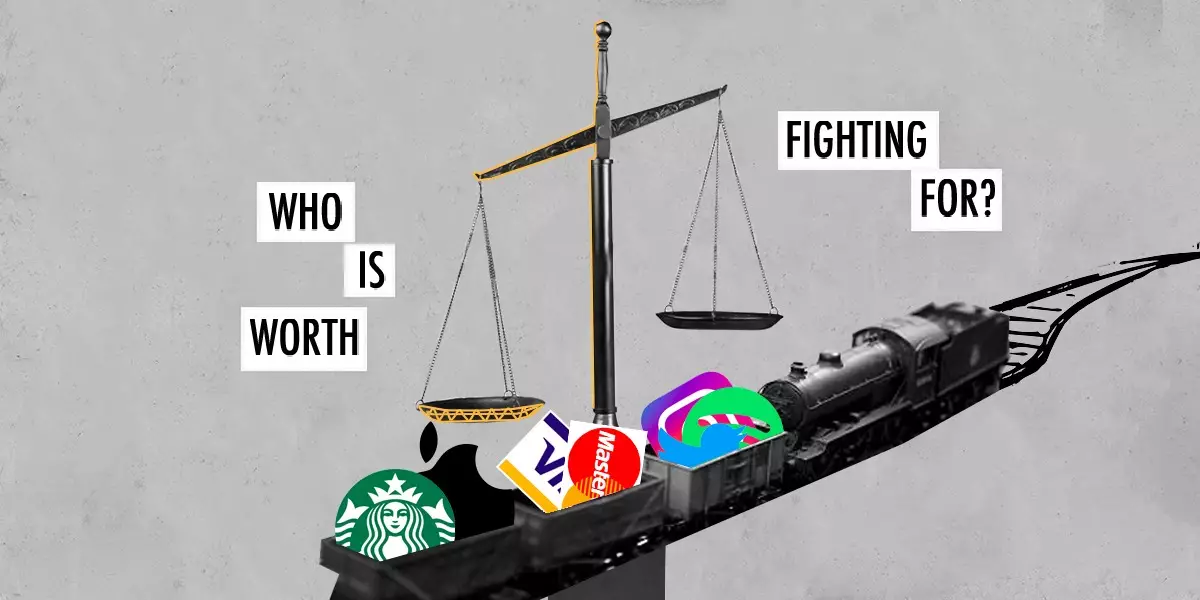
February 24. The media floods with the news of the year. Headlines describing the situation with calculated claims “ Cold War 2 begins” and “This Is the Start of World War 3.” The ambiguity of the ongoing situation has shaken the earth to its core.
War is not unfamiliar to my nation as well. It has become a tragically crucial part of our existence. We eat it with breakfast and drink it with lunch. Yet the scars of war never fade. We experience every droplet of blood that is shed on the battlefield with amplified sorrow because it is another life on top of the many that have been lost.
But why does it seem that the world cares so much now? Since the beginning of the war, individuals, big corporations and companies have been performing capitalistic and digital heroism acts. Apple, Starbucks, MasterCard, Visa, Google, Netflix, Instagram, Ford: you name it. They have suspended their business initiatives in Russia. Is it heroism, calculated PR, or strategic businessmanship?
From an economic perspective, it seems that businesses fleeing the country would mean major losses for the companies; this is the case on a larger scale. However, with Western sanctions from different governments and the devaluation of the Russian ruble, most businesses do not want to risk the uncertainty of staying in the Russian market. Without access to their assets, the difficulty of selling Russian shares, malfunction of banking systems and financial transactions companies are swiftly stopping their activity in the country. So withdrawing their services from Russia altogether seems like the most sensible decision to make from an economic point of view.
Western corporations conceal their economic strategy by portraying their actions as solely in support of Ukraine to amplify their response to Russia’s endeavors perhaps. Nevertheless, this is not a reaction to the war between Ukraine and Russia. It is a reflection of the world using this war to aggregate the long-standing conflict between the ideologies of the East and the West, feeding the hotpot of power clashes that only hurt innocent humans. It seems like the West is preaching humanism while their only concern is performative activism.
During this period, numerous quotes from various TV news channels have flooded the internet revealing how the West truly perceives its positioning in the world. “The unthinkable has happened…This is not a developing, third-world nation; this is Europe!” says CBS foreign correspondent Charlie D’Agata. Yes, it is true. Because if it were a third-world country, no one would be concerned.
“What’s compelling is looking at them, the way they are dressed,” Al-Jazeera says. “These are prosperous, middle-class people. These are not obviously refugees trying to get away from the Middle East… or North Africa. They look like any European family that you’d live next door to.” Why does Western media portray the war this way? Because war and tragedy are only perceivable in a story where the main character is not white and European? Because pain is only an attribute assigned to someone from the Middle East?
“It’s very emotional for me because I see European people with blue eyes and blonde hair being killed,” a former deputy prosecutor general of Ukraine, David Sakvarelidze, continues the narrative. So undeserving, contrary to those children, who, well, are used to it.
And these are only a fraction of the opinions. This makes one think about the multilayered exceptionalistic self-perception of the West. It elucidates the racism hidden under the surface of humanism. Or should we say selective humanism? Because their definition of humanism covers only the humans that match their definition of who is privileged enough to be considered a human.
This is not a competition of who has it worse. It is time to call out Western exceptionalism and make the world care for people who don’t have blond hair and blue eyes. It is, in fact, time to look beyond someone’s genetic inheritance and feel compassion and empathy for them regardless. We can’t afford to continue encouraging this mentality because we have experienced the results of this negligence first-hand.



